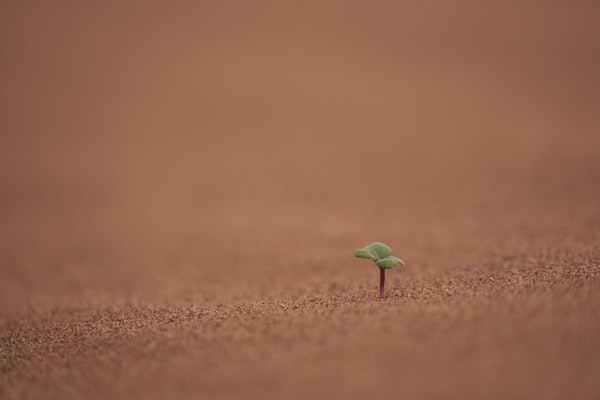The Keeper of Words
It had to come to this at some point, and here we are finally.
To undertake a challenge to write one blog post a day – when I’ve mentioned to my friends and colleagues that I’m doing this, all of their responses have presumed that this is a difficult thing to do. It surely seems difficult to explore one new idea every day and write about it, but I suggest you look at the bigger picture instead: it’s not at all implausible or difficult for us, all people, to be able to come up with 365 ideas in a year.
We generate dozens over drinks with a few good friends on Saturday evenings and toss them by the conversational wayside as impractical or outlandish. They’re ideas nonetheless, and are worth writing about in some form.
So it’s quite easy, especially once you get in the groove, to write one blog post a day. What is not easy about this exercise… rather, the true face of the challenge presents itself to you on that one day when you have no ideas to write about. Anybody can write a post when there’s an idea waiting to be written about, and there are always ideas. The undertaking is a real, actual challenge on that one day – the first day – when you’re forced to confront its fundamental essence, its eigenvalue: the writing.
Good writing is the soul of any story, good or bad, strange or charming, real or fictional. Like an organism, that soul is contained within a body defined by various elements of the story, a sinew of ideas coalescing over the fluid form of language to give it definite shape and, when well executed, an empathetic purpose.
The first time you’re brought face to face with a body that has had its flesh and blood and bones stripped away, it could feel as if you see nothing – a debris field with a blankness at its heart. However, a story is never so forgiving. You can claw away at the material at the interface between words and grammar on one side and the reader’s mind on the other, but you will never be left with nothing. The words will still be there, bared naked.
On the day, especially the first day, when ideas have deserted you, the only way to survive is to face the words you have birthed, put them gently down one after another, and try not to be the first to blink.
On this day, you must write for writing’s sake, you must write without syntactic hold or grasp, you must write to judge yourself more harshly than you ever have.
You must write without fear, you must write even though purpose fights to get away in the middle of every sentence, you must write to prove that – if nothing else – you are the keeper of words.
You must write.



